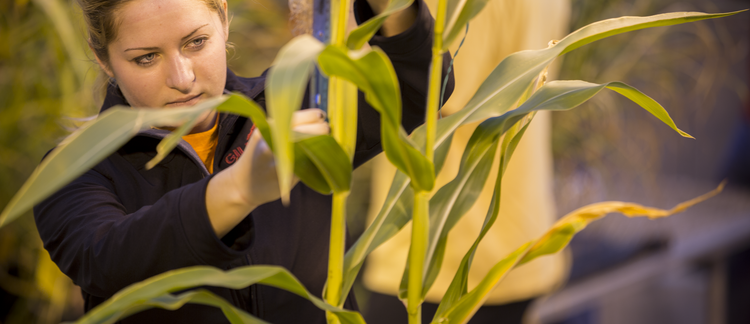Abstract
Weeds compromise vineyard productivity by competing with grapevines for water and nutrients. Herbicides and/or cultivation are commonly used to manage weeds by viticulturists. However, these techniques may jeopardize soil sustainability and ultimately affect soil productivity. The need for economically viable alternative weed management strategies that are effective at managing weeds, maintain grapevine performance and quality, and conserve soil resources are of increasing concern. The first objective of this study was to evaluate the effects of four weed management strategies on weed control, grapevine physiological responses, and assayed soil parameters in an established vineyard. Secondly, this study will investigate the influence of irrigation on grapevine growth and development grown with or without a living mulch.
Keywords: Horticulture, Agronomy
How to Cite:
Wasko, L. M. & Nonnecke, G. R., (2009) “Alternative Weed Management Strategies Influence Weed Control and Grapevine Yield in an Established Vineyard”, Iowa State University Research and Demonstration Farms Progress Reports 2008(1).
Downloads:
Download pdf
View PDF
235 Views
102 Downloads

